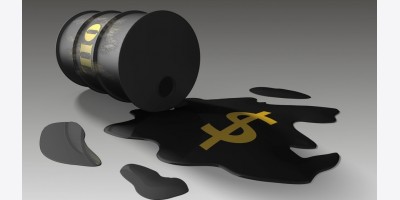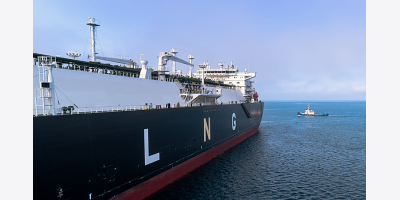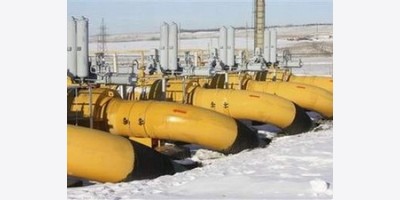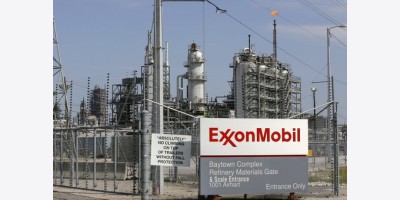Japan reported that it imported record levels of coal and liquefied natural gas for the fiscal year that ended in March.
Japan has been forced to import vast amounts of fossil fuels to make up for an energy shortfall caused by its decision to shutter nearly all of the country’s 54 nuclear reactors after the March, 2011 earthquake.
The country was already the world’s largest importer of LNG before the disastrous meltdown at the Fukushima I Nuclear Power Plant, but has steadily increased imports since the crisis. Before the disaster, nuclear power accounted for one-third of Japan’s electric power generation.
Through March 2014, Japan’s LNG purchases rose to 87.73 million tonnes, up 1 percent from the previous year. Japan’s coal imports saw an even greater increase, rising by 5 percent to 111.52 million tonnes. The prodigious level of imports has contributed to record trade deficits over the last few years, hitting a new high of $134.45 billion in the most recent fiscal year.
The drag on the Japanese economy from fossil fuel imports has fed Prime Minister Shinzo Abe’s desire to restart many of the nation’s nuclear power plants. His government has undertaken a safety review of power plants around the country in an effort to accelerate restarts.
But an April 1 Reuters report suggested that fewer than one-third of the total number of nuclear reactors would actually be able to be restarted, due to the high cost of new safety standards and upgrades. In that case, Japan’s dependence on imported fossil fuels would remain high.
Japan’s appetite for LNG after Fukushima caused a spike in Asian spot prices, which have remained elevated for years. The high price Japan is willing to pay has U.S. drillers and exporters scrambling to build LNG export capacity. But a return to nuclear power would put downward pressure on LNG and coal prices, as demand would ease.
By James Burgess of Oilprice.com






















